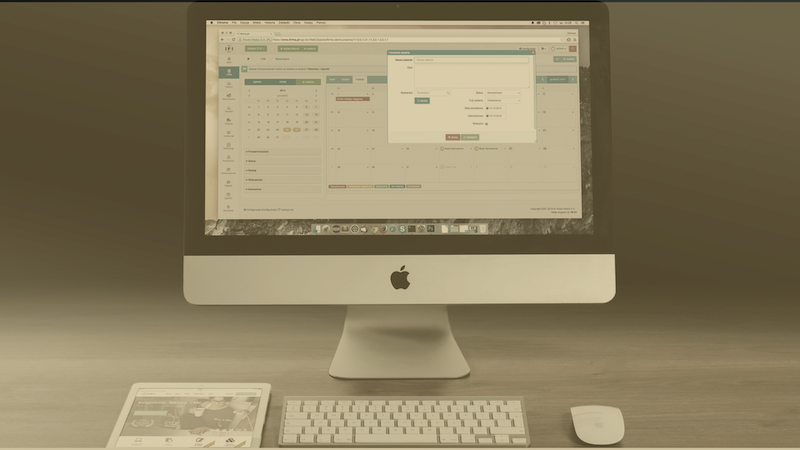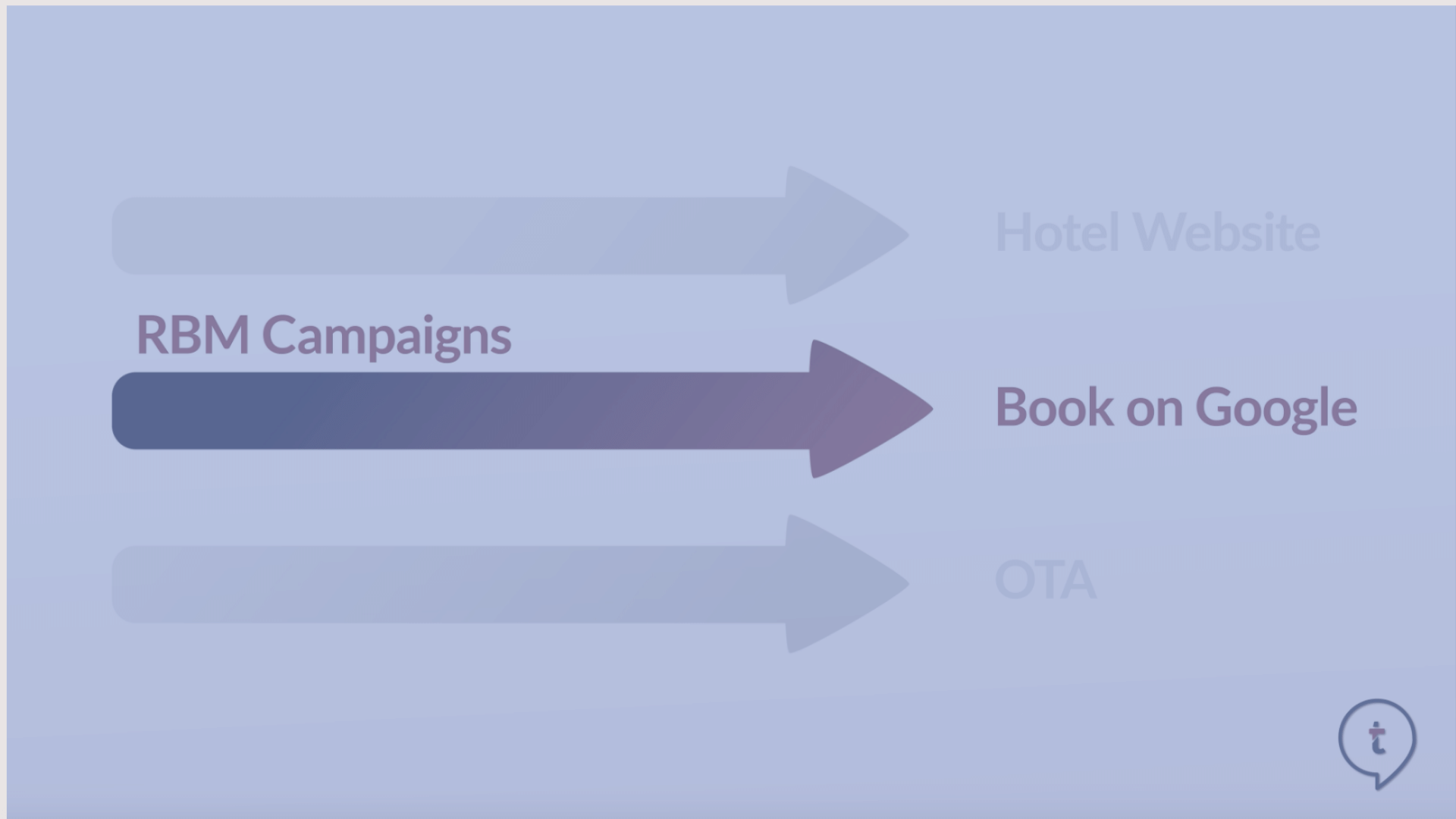By Benjamin Devisme

Benjamin Devisme is Co-Founder & Chief Evangelist Officer at Quicktext, a 24/7 AI-powered chatbot helping hotels increase sales while improving guest experience.
Quick Facts on Chatbots & Hospitality
Chatbots are robots able to manage repetitive human interactions through messaging interfaces such as the live chat on your website, Facebook Messenger, WhatsApp, WeChat, etc… In the travel industry, the biggest players were the first to leverage chatbots. Some famous examples are the Booking Assistant on the Booking.com app, KLM WhatsApp bot, Ouigo (French rail company).
Despite some early initiatives by actors such as IHG or Accor, hoteliers’ customer service remained mostly manual. In the last few years, interest in chatbots have been growing steadily and are greatly reinforced by COVID-19 circumstances that push towards staff compression, cost efficiency, and the need to deliver instant help & guidance to customers.
What is the Value of Chatbots for Hospitality Operators?
Chatbots do not replace humans. It’s the other way around, for far too long hotel staff have been compensating the lack of automation in the hospitality sector. Think about the receptionist answering the same question time and again. At the same time, customers increasingly require assistance online where there is no human service is just impossible because online customers expect instant service.
Chatbots currently support 3 main use cases:
- Increase operational efficiency: While every guest is unique, most of their questions & requests are repetitive and can be automated. Chatbots act as a filter so that only the questions that require human attention will be escalated to human staff.

- Drive direct sales: The conversation format makes it easy for customers to get the information they want but it also enables the chatbot to capture customer details, travel dates, special wishes, etc. This information can be pushed to the booking engine for direct conversion and to the hotel sales team so that booking requests that didn’t convert can receive a sales follow-up. Some bots such as Quicktext and HotelResbot can join their efforts and manage the full follow up process by emailing guests that enquired about a reservation.
- Fulfill customer expectations: Old school static content is becoming less and less relevant to mobile customers that have grown used to fast interactions. Chatbots offer instant access to relevant information at any stage of the customer journey. The best way to visualize this evolution is through Google which is behaving more and more like a chatbot by promoting direct answers instead of search results. (See examples below)
How to select the right Chatbot for your Hotel
There are many companies offering chatbots to hotels. On paper, all providers are advertising the same service. In reality, some chatbots are excellent and others are quite basic. If you want to make the right choice you need to use the right decision criteria.
- Work with a specialist: Hotels have a significant advantage over many other industries: there are plenty of hotels and all customers have more or less the same questions. Some providers created hotel chatbots as a service.
In short, they offer a pre-trained chatbot that hotels only need to populate with their information. These chatbots are affordable, offer the best possible level of accuracy, and usually have existing connectivities with your booking engine, upsell and task management system etc…
- Check the number of employees on LinkedIn: This is a good proxy to assess what lies beyond the beautiful shell that you have seen in a demo. Training an AI is a labor-intensive job. There is no secret, when you only have a handful of employees you must compromise, and that directly impacts the level of accuracy of your chatbot. See the example below.
- Have a clear use case: Chatbots are not gadgets they serve clear purposes
- Handle customers FAQ: Look for short and precise answers instead of long all-encompassing texts.

- Increase direct bookings:
- Check the basics. Is the chatbot able to handle multiple room reservations? What about groups, events, and people with flexible booking dates?
- Look for more advanced features:
- Visitors that engaged with your chatbot are highly qualified so you really want to capture as much information as you can. So how good is the chatbot at capturing customer data, and passing them to staff if human action is needed?
- Deliver instant service:
- Check the quality of the chatbot answers. Some chatbot providers will say that their bot can handle every request but you need to look hard if the answer to “I want to book for a group”, “I want an upgrade” or “I need to cancel my reservation” is “Please email xxxxxx@xxxx.com” which is the kind of answer that will not help your customers and generates extra work both for your staff. Look for chatbots that are able to manage full processes seamlessly.
- Data management and scalability: Chatbots need access to 2 kinds of content.
- Hot content through API: Is the chatbot connected to your booking engine, task management system, etc?
- How easy it is to manage data in different languages?
- Is the chatbot you are considering able to answer via Live Chat on your website, Facebook Messenger, WhatsApp, Wechat, Alexa, Google Assistant, etc…
- For groups: How is the multi-property chatbot working? Do you have to select a specific hotel before you get an answer or is the bot able to find instantly all the hotels that have a swimming pool in Berlin?
Chatbot Implementation & Key Success Factors
If you want your chatbot to be a success you need several key elements: a great tool, the right information, and a game plan.
You already know how to identify a good chatbot so let’s focus on the right information. A chatbot can perfectly understand a topic but lack the precise information to answer properly. When you decide to implement a chatbot you must be ready to look for and make available an enormous amount of information about your property and its surroundings from room equipment, to the nearest electric car charging station, to the price of a taxi from the Airport to the hotel, to room service, etc…

The person in charge of populating the chatbot might not have all information readily available so it has to be a team effort where every department contributes and if the information doesn’t exist create it.
There are a few tips to script great chatbot answers
- Address topics rather than specific questions. For example, when you deal with a topic such as car parking you need to cover: Do you have parking? What is the maximum accepted vehicle height? How much is it per day? Is there an electric car charger? Can bikes park there too?
- Tie up loose ends. Make sure that your answers cover any possible next steps. For example, if you have a specific service you must tell customers how to book it. If you don’t have an electric car charger you need to tell them where the nearest charging station is located.
- Don’t trap your customers in your chatbot. When a specific topic would be too long to answer in full, make a short answer that covers the essentials, and don’t hesitate to share a link where customers will be able to find full information.
- Refine your answers thanks to customer feedback. Proofread conversations identify flaws and improve your scripts constantly.
If you are now working on scripting chatbot answers feel welcome to check this article for more detailed advice: How to make your chatbot successful
If you want to make the most out of your chatbot, there must be a vision and motivation behind its implementation. Your chatbot must be a part of and make sense in your company’s global strategy.
So, if you want to increase direct bookings you must get the IT part right and make sure that it is connected to your booking engine. But you must also have a sales strategy: do make exclusive offers available through the chatbot? How are you going to follow up on the people that enquired about availabilities and prices but didn’t book?
If you want to drive operational efficiency you need to have impeccable answers but also connect your chatbot to your operational software such as your CRS to manage reservations, task management system so that the chatbot can send instructions directly to the maintenance agent without passing by the front desk.
In short, asking for the ROI of a chatbot is the wrong question because you need to assess the success of a whole strategy.
Also find these complementary content pieces about Chatbots
- ARTICLE l How Chatbots improve Guest Experience, written by Michael Kessler, CEO at ReviewPro
- INFOGRAPHIC l Why, How and Where Chatbots?
- PODCAST l Tune in to Florencia Cueto, Product Specialist at ReviewPro; Sebastien Leitner, VP Strategic Partnerships at Cloudbeds and Brendan May, Founder & MD at Hotel Res Bot discussing Chatbots.
- VIDEO l What is the difference between Rule-based versus AI-based Chatbots? What are the criteria to consider when selecting a Chatbot for a hotel? Pros and Cons of implementing a Chatbot in a hotel’s tech stack?




 Free download
Free download

![V03: The History of Hotel & Travel Technology | [Updated] Infographic](https://techtalk.travel/storage/app/uploads/public/63f/e6f/ec8/63fe6fec80447817849943.jpg)



Create an account to access the content.
Get access to Articles, Video's, Podcasts, Think Tanks, Infographics and more.
Click “Sign In” to accept our
Terms of Service Privacy Policy